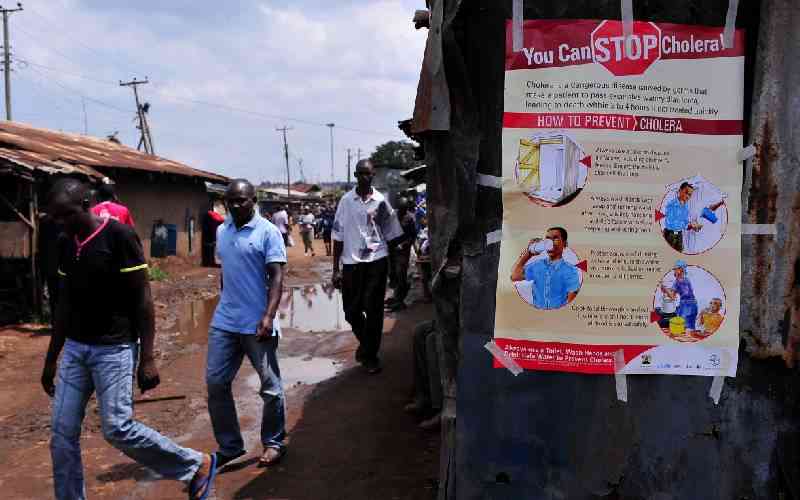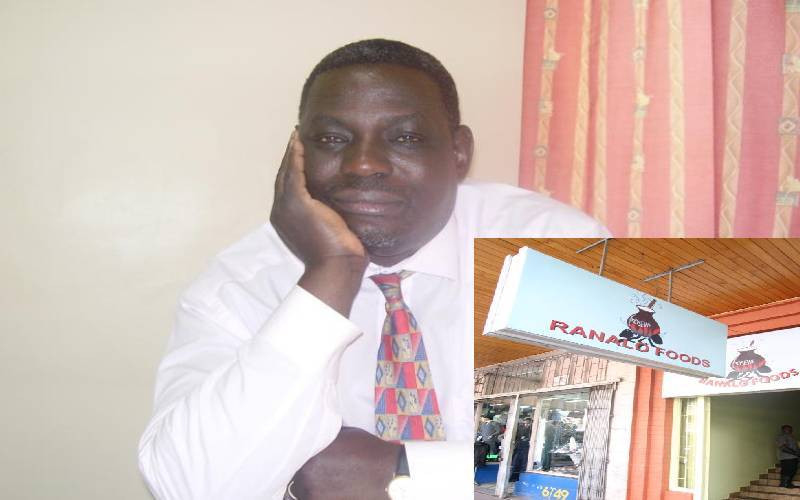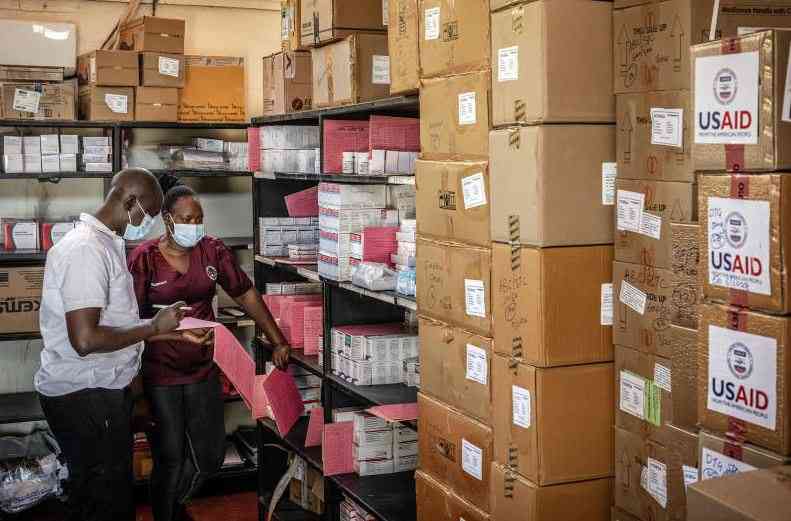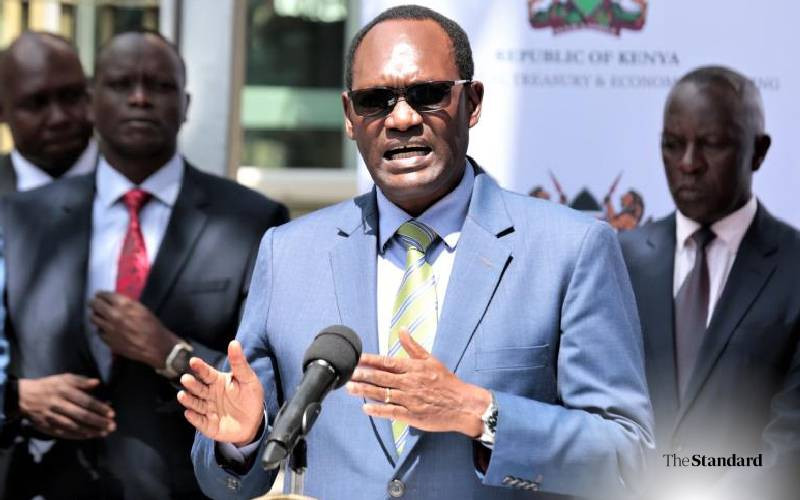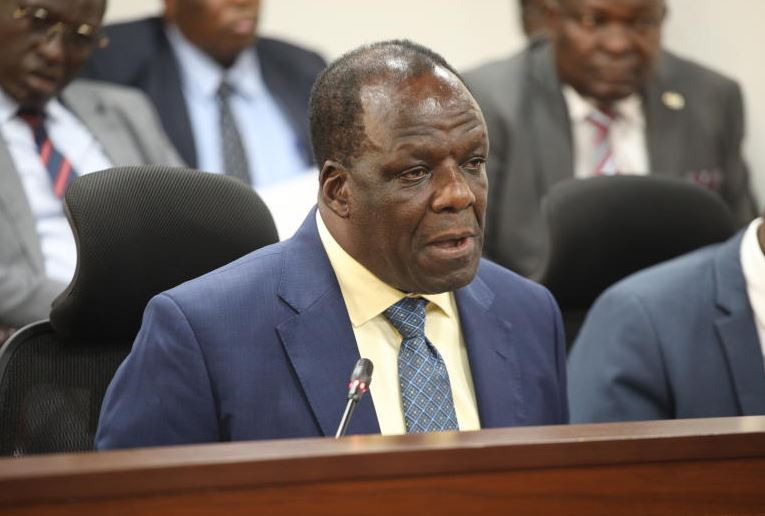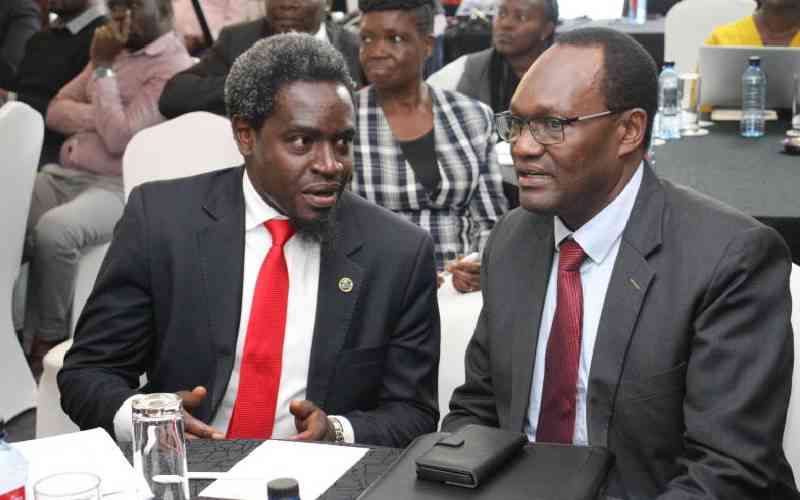
Driven by her passion for wellness and a deep belief in the universal need for everyone to see tomorrow, Thailand Ambassador to Kenya Ms Morakot Janemathukorn spearheaded a unique initiative last week that aligns with her country’s ethos of cultural sharing.
Together with her team, she organised a self-sponsored trip to Thailand, bringing together a carefully selected group of top-notch doctors, diplomats, ecopreneurs and business leaders from the East African region. The purpose of this journey was to explore firsthand opportunities available through medical tourism in Thailand.
I thank God I was part of this mission, which proved to be not only exciting but also profoundly enlightening, opening unprecedented opportunities, and fostering valuable connections for the East African region.
From this experience, three critical lessons emerge, each offering valuable insights for the transformation of Kenya’s healthcare system.
Firstly, the contrast between Thailand and Kenya in medical resource allocation is striking and directly affects healthcare accessibility and quality. Thailand, with 69.95 million people, has a doctor-to-population ratio of 1 doctor per 1,500 people, according to the Thailand Ministry of Public Health.
Kenya, with 56.56 million people, has only 1 doctor per 16,000, as reported by our Ministry of Health. This highlights our significant challenges in providing adequate healthcare. The key lesson for Kenya is the urgent need to improve medical resource allocation. The immense pressure on facilities like Kenyatta National Hospital, which reportedly handles 700,000 inpatients and 600,000 outpatients annually, underscores this need. Increasing the number of doctors, enhancing facilities and improving healthcare accessibility are essential steps.
Secondly, during our experiential visit to Thailand, we witnessed firsthand seven hospitals that exemplify high healthcare standards, each staffed with proficient teams and equipped with advanced medical technologies. This enables them to handle very complex medical cases including cancer very effectively.
As a measure these hospitals have earned Joint Commission International (JCI) accreditation, indicating their commitment to global standards.
In Kenya, only Aga Khan Hospital has achieved this accreditation, signaling a significant potential for growth in our healthcare sector. Adopting sophisticated medical technologies and pursuing international accreditation are critical steps for enhancing quality of care in Kenyan hospitals. This approach will improve healthcare outcomes and position Kenya as a competitive destination for local and international patients.
Thirdly, empathy and cost-efficiency must be the pillars of our patient care. Thailand’s healthcare system showcases the vital integration of empathy with cost-efficiency in patient care. In each hospital we visited, including a local facility in Prachuab Kirikhan Province under Governor Somkid Chantamaruek’s guidance, the practice of “medicine with empathy” was consistently apparent. This approach extends from simple consultations to complex surgeries, ensuring compassionate treatment at every patient interaction.
Remarkably, healthcare services in Thailand are provided at 30 per cent to 40 per cent of the costs found in Kenya, yet they maintain the same high quality. This affordability and high standards, positions Thailand as an attractive medical tourism hub.
Advocating for Kenya, this model prioritises patient well-being, empathy and cost-efficiency in healthcare.
As we reflect on these lessons, Kenya has potential to transform its healthcare system by adopting best practices from Thailand and partnering with those hospitals. The few Kenyans who can afford medical care abroad do so because of the efficiency, affordability and empathy.
However, this level of care should not be the privilege of a few but the standard for all Kenyans. The onus is now on our new CS for Health Deborah Barasa and our policymakers to enact decisive healthcare reforms.
Stay informed. Subscribe to our newsletter
This means increasing the number of qualified doctors, enhancing our medical facilities and ensuring delivery of efficient, affordable services. We must ensure our healthcare system is not just robust and reliable, but a foundation for every Kenyan to not only survive but thrive. Think Green, Act Green!
 The Standard Group Plc is a
multi-media organization with investments in media platforms spanning newspaper
print operations, television, radio broadcasting, digital and online services. The
Standard Group is recognized as a leading multi-media house in Kenya with a key
influence in matters of national and international interest.
The Standard Group Plc is a
multi-media organization with investments in media platforms spanning newspaper
print operations, television, radio broadcasting, digital and online services. The
Standard Group is recognized as a leading multi-media house in Kenya with a key
influence in matters of national and international interest.
 The Standard Group Plc is a
multi-media organization with investments in media platforms spanning newspaper
print operations, television, radio broadcasting, digital and online services. The
Standard Group is recognized as a leading multi-media house in Kenya with a key
influence in matters of national and international interest.
The Standard Group Plc is a
multi-media organization with investments in media platforms spanning newspaper
print operations, television, radio broadcasting, digital and online services. The
Standard Group is recognized as a leading multi-media house in Kenya with a key
influence in matters of national and international interest.


